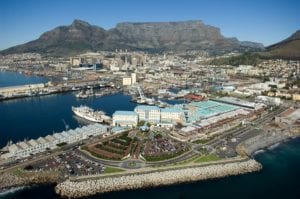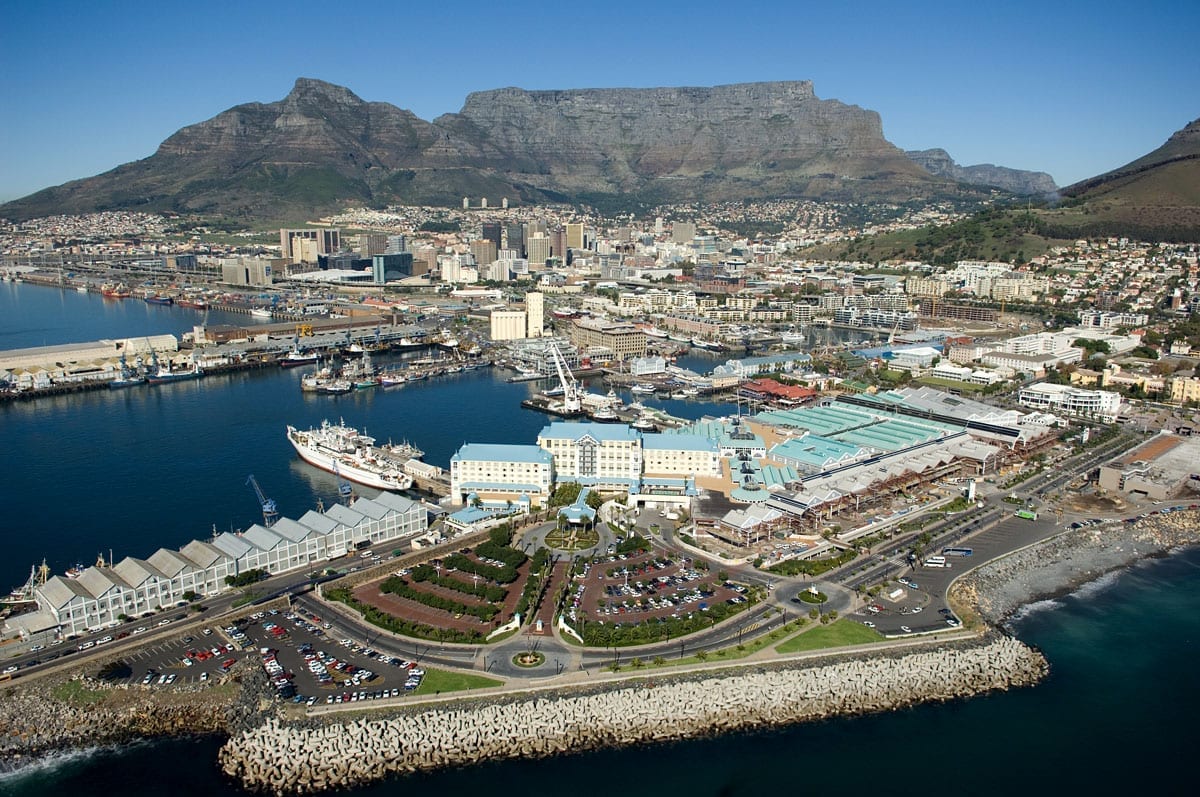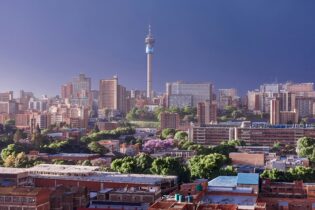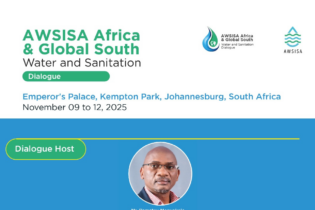“The drought has reached critical proportions, to the extent that a disaster has been declared,” he added.
In a statement, the city said “level 4b restrictions will be used to drive down water usage to 500 million litres of collective water usage per day which is required as dam levels remain critically low and reserves need to be built up during winter for the expected harsh summer months ahead.” These restrictions require all water users to use less than 87 litres of water per person per day in total, irrespective of whether people are at home, work, school, or elsewhere.
Construction projects are being decreased in the City of Cape Town as a result of level 4b water restrictions.
One company down-scaling their project is listed property developer Calgro M3.
The company said it was adhering to tighter restrictions that were implemented at the beginning of July, and added that for the past six months, the company has only used borehole water for its operations.
The company focuses on the development of residential buildings, rental units and private memorial parks in South Africa and Namibia.
Calgro M3 CEO said the company decided to cut its water usage even further, as the city could soon run out of water completely. He believes this response is “a responsible reaction” by the company and added that no jobs would be lost as a result of its decision.
“The people we have working on our sites are important to the company, and cannot be penalised because the Cape is in the grip of a severe drought,” he said.







